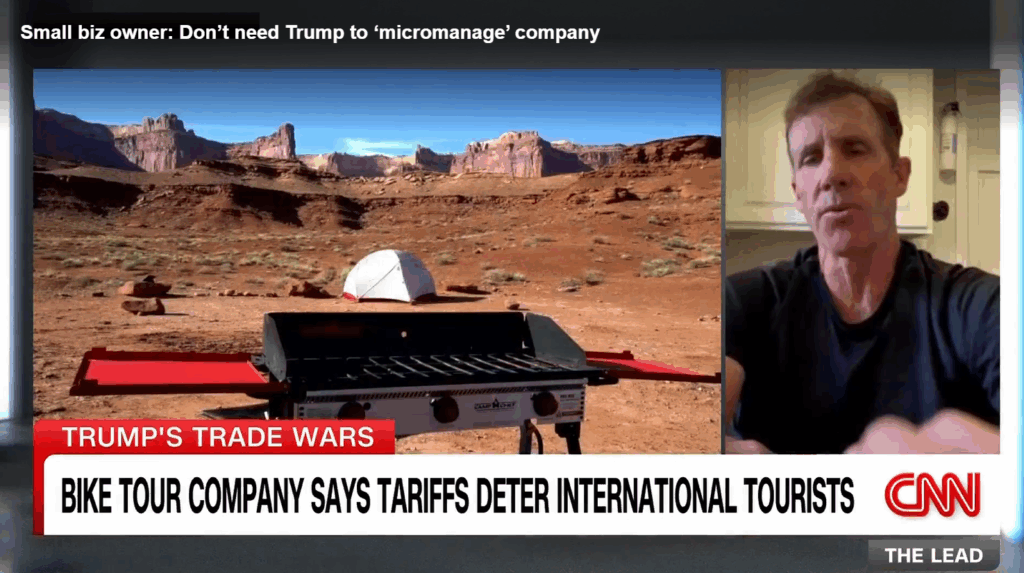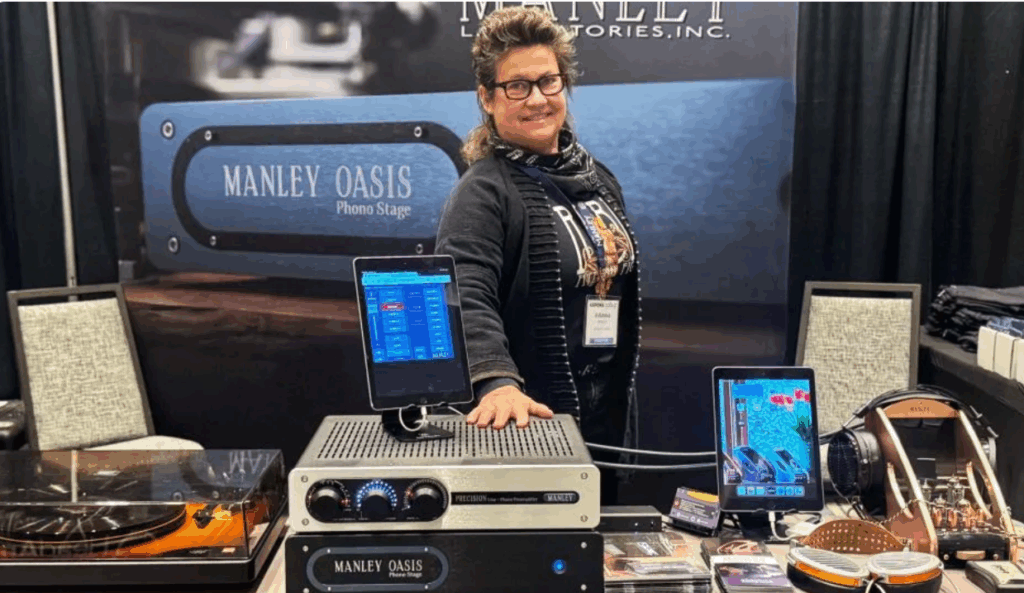For some small businesses, the last week brought even more twists and turns to President Donald Trump’s chaotic tariffs in the past two months.
The situation was already confusing, with tariffs at different levels being stopped and started. Then on Wednesday, a US court said Trump overstepped his authority in imposing most of those import levies, only for an appeals court to pause the previous court’s ruling on Thursday.
Business owners told CNN that the confusion has made planning challenging for some small companies. Sometimes, they have had to consider changing their product strategy, shifting their supply chains, reducing staff hours, or delaying products.

“My fear is, if this continues, there’s going to be like the mass extinction of small businesses,” Julie Robbins, CEO of Ohio-based guitar pedal maker Earth Quaker Devices, told CNN.
Trump announced blanket tariffs worldwide on April 2, and his plans have changed frequently.
In early April, he issued a 90-day pause on reciprocal tariffs everywhere except China. Then, after ratcheting up total tariffs on Chinese imports to 145%, he declared smartphones and certain other electronics would be exempt from the reciprocal tariffs. In May, the US and China agreed to roll back reciprocal tariffs for 90 days. And in late May, he threatened smartphone makers like Apple with 25% tariffs if they don’t make their phones in the US. He also agreed to push back levies on imports from the European Union until July 9.
Those are only some of his changes, which can be announced anytime via the White House, social media posts, or other avenues.
It has been hard for companies to keep up with the whiplash. Even major brands like apparel giant Gap feel the impact of tariffs, but small companies with far fewer resources are in an even tougher spot. In a press release, the organization’s chief economist, Bill Dunkelberg, cited uncertainty as a“major impediment” for small business owners.
“It’s the sort of smaller, kind of more niche… brands that are going to get hit by this,” Jack Leatham, an analyst at market research firm Canals, told CNN in April.

Some small business owners have had to make difficult decisions as they’ve grappled with the impact of tariffs. Eve Anna Manley, whose company Manley Labs makes high-end electronics for recording studios, has had to cut her employees’ hours by 25%.
She says the reciprocal tariffs China imposed on the US have been particularly challenging since China has become a primary market for her business. Manley says it took “decades” for her to “get the best Chinese importers.”
Overall, Manley Labs’ sales are down more than 19% compared to last year, she told CNN, which has frozen the company’s product development efforts. “It’s just a freaking mess right now,” she said in late May, before this past week’s court rulings on Trump’s tariffs. And I’m so angry that my government has done this to me.”
Tala Akhavan, chief operating officer of Pietra, says the best thing small businesses can do right now is be flexible and diversify their sourcing and procurement strategies. This platform helps brands with sourcing, production, and logistics, among other services.
According to chief strategy officer AssafGad, Intuition Robotics, which makes a home robot designed to be a companion for older adults, is doing just that.
According to Gad, the company also makes money off its digital subscription accounts, giving it the flexibility to look into a “plan B” outside of China for producing its hardware. Sudden changes in tariff policies haven’t really impacted the company’s decisions because it’s planning for the next nine to 12 months rather than the short term, he said in mid-May.
Trump’s tariffs have encouraged Gad to expand into Robotics in international markets.
“Maybe this is also a good time to say, ‘Let’s not put all the eggs in one basket,” he said, “and, you know, start looking at another kind of territories that will reduce the risk for us in the future.
But for some companies, finding a plan B isn’t so easy. That’s the case for Sarah O’Leary, CEO of Willow, which makes wearable breast pumps and accessories. As a medical device company, Willow can’t simply move its manufacturing, O’Leary told CNN. At one point, the company had to pause exporting one product it produces in China for postpartum recovery because it became too expensive.
O’Leary said in an emailed statement on Thursday evening that the ruling on Wednesday, which aimed to block many tariffs, brought some relief. But she acknowledged that there’s still “so much uncertainty,” adding that “the chaos will persist.”
She said in mid-May that any tariffs, even low ones, would be difficult for a small company like hers to absorb.
“We don’t build our products with that much margin,” she said. “And so, unfortunately, we are in a position where we must evaluate what we can do to survive in those contexts.



+ There are no comments
Add yours